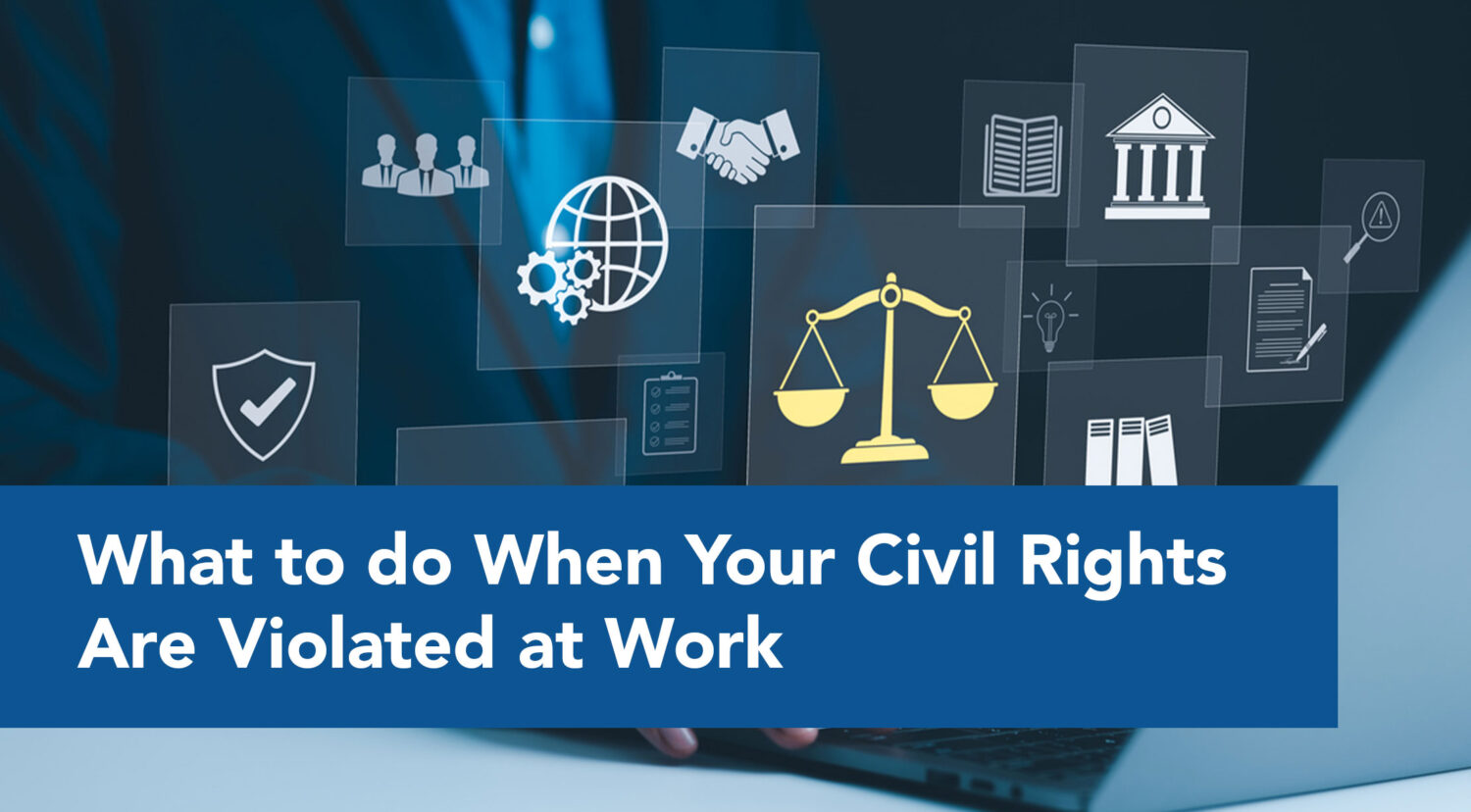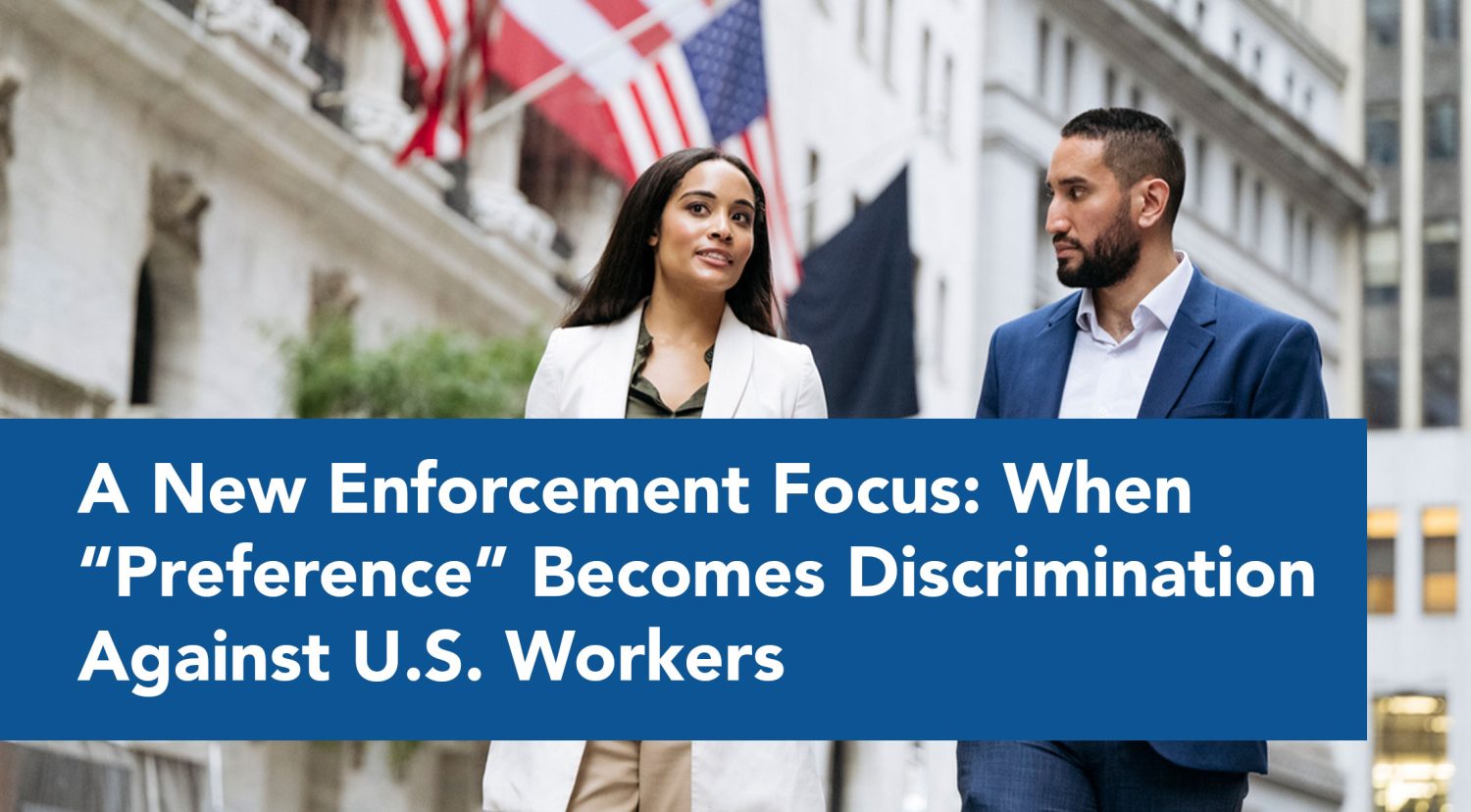

Guidance for HR Practitioners and Employees
Workplace civil rights violations can occur in various forms of discrimination based on race, gender, religion, disability, age, sexual orientation, or retaliation for exercising protected rights. As HR practitioners, it is critical to not only help employees navigate these situations but also protect your organization from liability while fostering a culture of fairness and compliance.
This article outlines practical steps employees can take when their civil rights are violated at work—and how HR professionals can support them effectively.
-
Recognize the Signs of a Civil Rights Violation
A civil rights violation in the workplace typically involves unlawful discrimination, harassment, or retaliation prohibited under laws such as:
- Title VII of the Civil Rights Act of 1964 (race, color, religion, sex, national origin)
- Age Discrimination in Employment Act (ADEA)
- Americans with Disabilities Act (ADA)
- Equal Pay Act
- Genetic Information Nondiscrimination Act (GINA)
HR practitioners should ensure employees understand that civil rights violations can include:
- Denial of promotion or job opportunities due to protected characteristics
- Harassment or creation of a hostile work environment
- Retaliation for reporting discrimination or participating in investigations
-
Document Everything Immediately
Employees should be advised to keep thorough contemporaneous records. This includes:
- Dates, times, and locations of incidents
- Names of individuals involved or witnesses
- Copies of emails, texts, or other communications showing discriminatory behavior
HR teams should create clear internal policies for documenting complaints, ensuring confidentiality, and preventing retaliation.
-
Report the Violation Internally First
Most organizations have policies requiring internal complaints before escalating externally. Employees should:
- Follow company procedures: Usually, this means reporting to HR, a manager, or through an ethics hotline.
- Use written complaints: Written records ensure a clear paper trail for investigations.
As HR professionals, your role is to:
- Take complaints seriously and act promptly
- Initiate impartial investigations
- Communicate next steps and outcomes transparently
-
Seek External Remedies if Necessary
If internal efforts do not resolve the issue or retaliation occurs, employees may file complaints with:
- EEOC (Equal Employment Opportunity Commission)
- State Fair Employment Agencies
- Department of Labor (for wage/hour violations)
- OFCCP (Office of Federal Contract Compliance Programs) for federal contractors, provided the agency still exists.
HR should educate employees about deadlines: e.g., EEOC complaints generally must be filed within 180 days (extended to 300 days in some states).
-
Build a Culture of Prevention
Ultimately, prevention is better than reaction. HR practitioners should:
- Conduct regular anti-discrimination and harassment training
- Review policies for compliance with federal, state, and local laws
- Promote diversity, equity, and inclusion initiatives
- Ensure clear anti-retaliation policies are communicated company-wide
Conclusion
Civil rights violations in the workplace harm employees and expose organizations to significant legal and reputational risks. By guiding employees through the proper steps—documentation, internal reporting, external remedies when needed—and fostering a culture of respect and compliance, HR practitioners can protect both workers’ rights and the organization’s integrity.
Our compliance experts are here to help you adjust, prepare, and protect your organization under EO 14173. If you’re ready to strengthen your compliance and equity efforts, contact us today to learn how we can support your EEO and non-discrimination goals.




